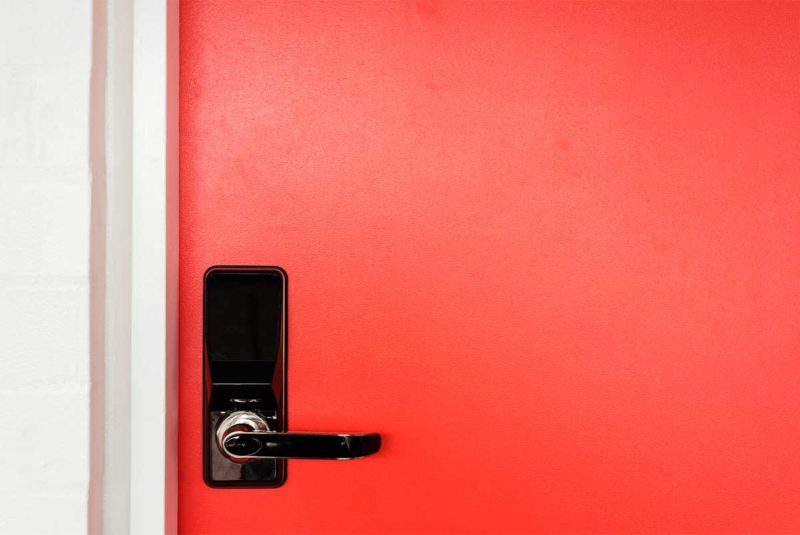Don’t see what you’re looking for? It may be because…
MoneyTips exists to provide personal finance advice that you can trust. We explain concepts simply, without bells and whistles or formality, to help you live your best financial life.
Browse Our Topics

Top Hits Not to Miss
What Is Mortgage Insurance? MIP vs. PMI
Home Buying Checklist: From Rookie to Pro
What Is an FHA Loan? Detailed Guide for 2023
What Is Debt-to-Income Ratio?
Personal Loans for Excellent Credit
What Is a Home Equity Line of Credit?
5 Tips for Buying a Second Home or Vacation Home
How To Buy a House in 2023: A Step-by-Step Guide
16 Tips for First-Time Home Buyers
How the Mortgage Loan Modification Process Works
Dream About Buying a Fixer-Upper? What to Know
How To Get the Lowest Mortgage Rate
Need More?
Thinking about buying a house or making your mortgage payments cheaper? Want to buy a car but don’t know where to start? Student loans being a giant P.I.T.A? We’ll show you what your options are.
Why Choose MoneyTips?
We’ve got a trusted network of financial experts waiting to give you advice on anything finance. Think of us like your Yoda, but for finance stuff.












